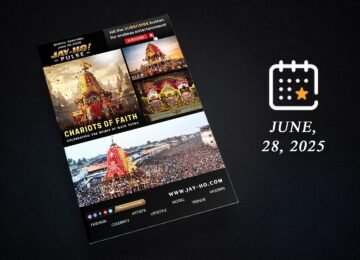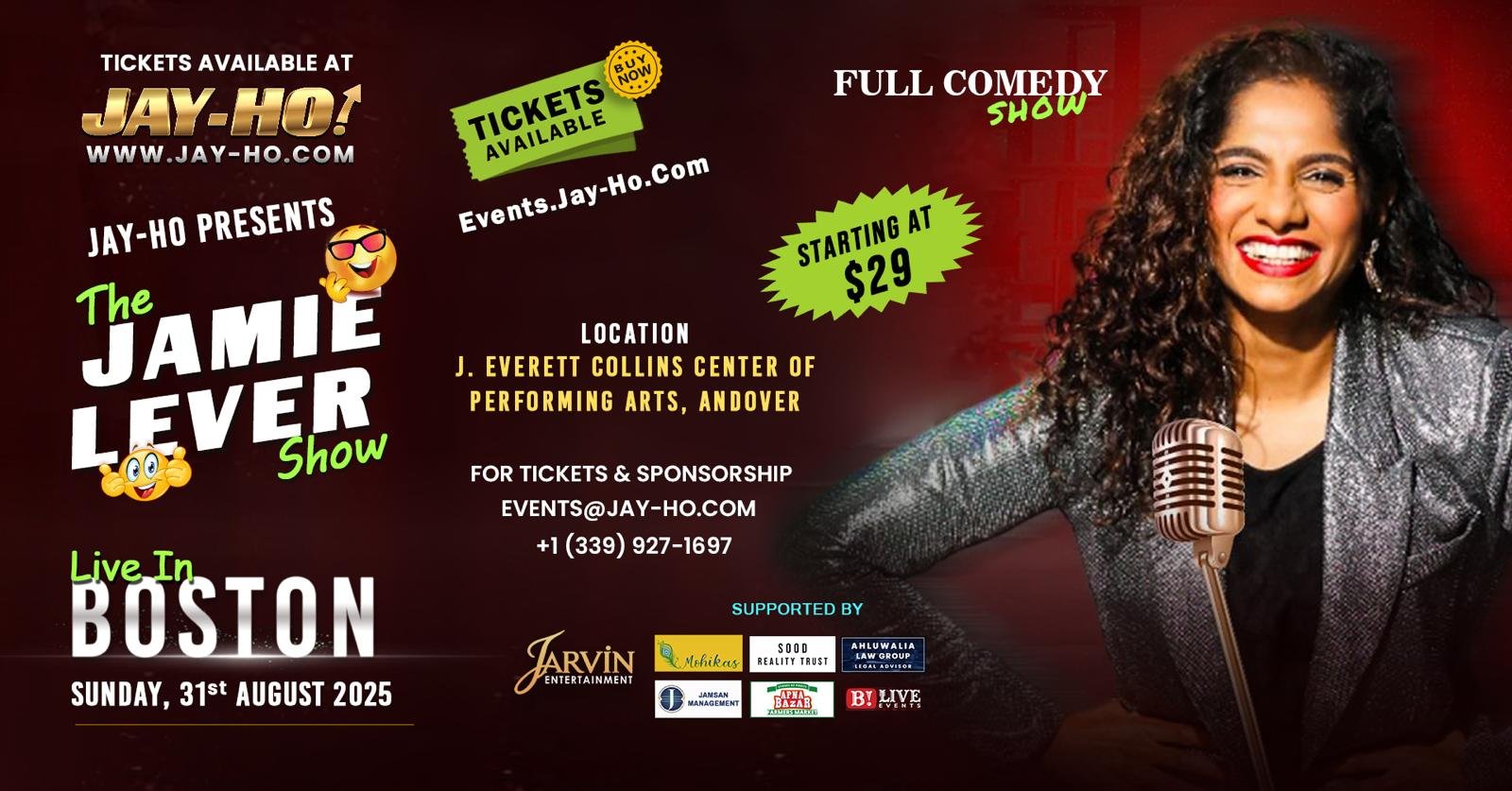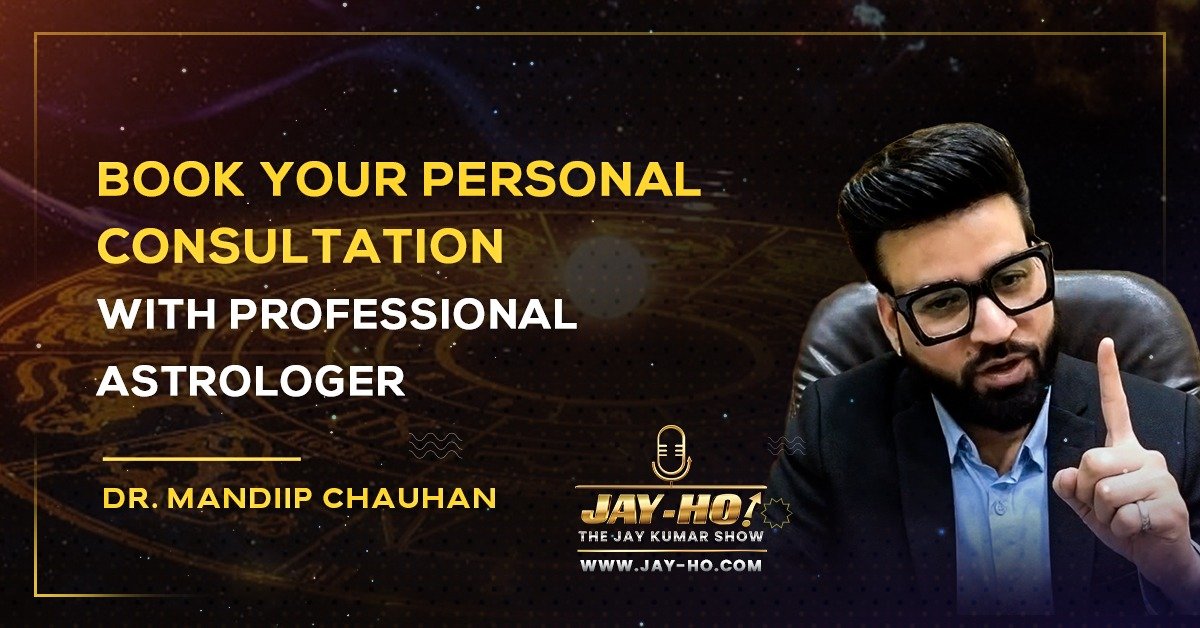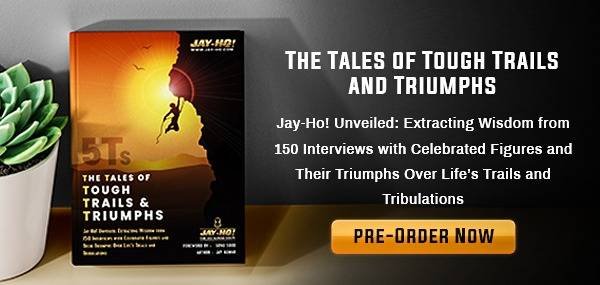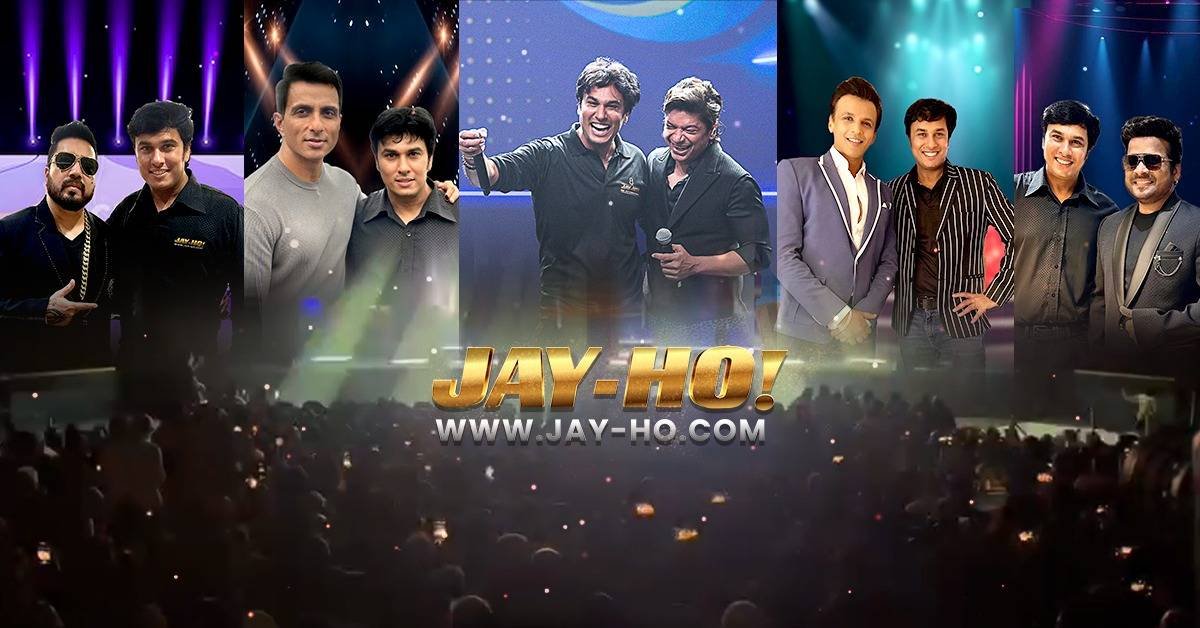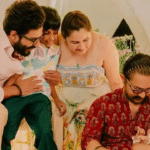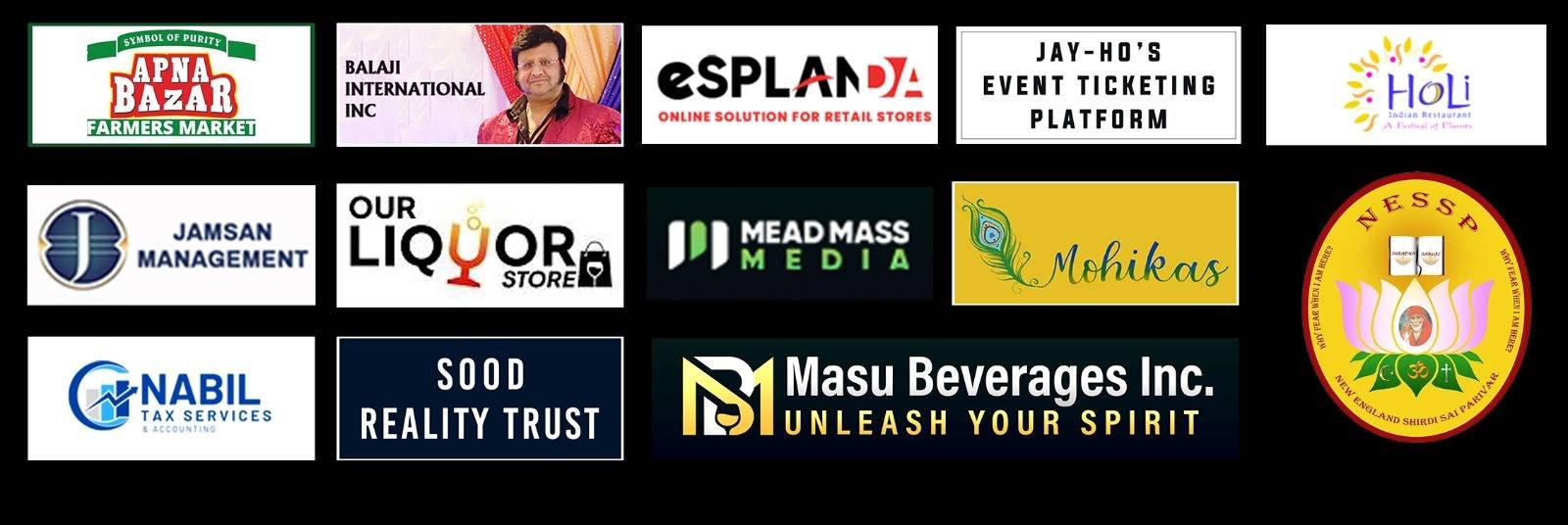Organizing a concert is always a massive undertaking, but sometimes the true weight of it can only be felt in the days leading up to the show. For me, the Jay-Ho! Ghulam Ali concert was more than just an event—it was a labor of love, a tribute to an artist who shaped my understanding of music, and ultimately, a test of endurance against unexpected emotional and financial challenges.
We began our journey with high hopes. The concert was announced on Thanksgiving weekend, and the initial response was incredibly encouraging. There was a buzz among fans of Ghulam Ali, and the Jay-Ho! community responded with enthusiasm. After all, Ghulam Ali is a living legend—a maestro of ghazals who has touched millions of hearts across decades, languages, and borders. His music has been the background score of many emotional moments in people’s lives.
As someone who grew up in India, I listened to Ghulam Ali’s songs with reverence. Now, as an American citizen and the creator of Jay-Ho!, bringing him to perform live in Boston was a dream coming to life. I wanted this concert to be not only a celebration of music but also a moment of cultural unity—a reminder that art exists beyond boundaries and politics.
But just five days before the concert, something happened that shook us all.
The tragic attack in Pahalgam left me heartbroken. Hearing about the innocent lives lost and how they were killed filled me with a deep sadness. At the same time, I was staring at a looming concert—an event celebrating a Pakistani-born artist. I felt torn between grief and responsibility. The anticipation that had been building for weeks suddenly faded into silence.
That silence, however, did not stay confined to my heart.
People began to hesitate. Ticket sales dipped. Concerns for safety grew. Social media buzz turned cautious. Screenshots were taken. Messages began circulating, urging others to reconsider attending. A few even suggested a boycott. Seeing some familiar names among those conversations hurt deeply. Others had genuine concerns about safety, and we had to quickly scale up security—a necessary cost, though completely unplanned.
Some individuals—always ready to question our efforts—used the tragedy as an opportunity to paint the concert in political colors. Why? Because Ghulam Ali, the star of the evening, is originally from Pakistan.
But here’s the truth: I am a Hindu, born in India, and now a proud American. I grew up listening to Ghulam Ali’s timeless ghazals, just like millions across borders. His music isn’t tied to a flag—it’s tied to emotion. And while Ghulam Ali himself is Pakistani, his audio mixer and instrumentalists are Indian. To me, music has no passport—it has a soul.
Even Ghulam Ali’s travel schedule for the U.S. tour was brutal—Friday in Connecticut, Saturday in Houston, and Sunday in Boston. At his age, it was an exhausting plan. People asked if he’d even be able to sing. But their love for him was so deep, many said, “Even if he just sits on stage, we want to see him, touch his feet.” That’s the level of devotion he inspires.
And he delivered—with incredible grace, supported beautifully by Aamir Ghulam Ali and Naazir Ghulam, who stepped in wherever needed, seamlessly blending with the master.
The Night the Silence Broke
When we finally opened the gates and saw the crowd pouring in, I felt a wave of relief. In those faces, I saw what I had been holding onto for months—faith. People didn’t just come, they came with their hearts full. The love for Ghulam Ali transcended politics, religion, and fear.
Once the seats filled and the lights dimmed, a hush swept across the auditorium—an unspoken reverence before something sacred.
Prithvi Gandharv opened the evening. A rising star known for his mesmerizing performances in Bajirao Mastani and Bandish Bandits, Prithvi proved to be a revelation. When he sang Albela Sajan Aayo Re, the hall was utterly still. His voice echoed through the room like a prayer. Many had never heard him before, but by the end of his set, he had won every heart. He bridged tradition and modernity with elegance, and reminded us that the future of Indian music is luminous.
Then, the moment we had all been waiting for—Ghulam Ali Saab stepped onto the stage.
Despite the exhaustion of travel, the moment he sat at his harmonium, it was as if time stood still. When he began Chupke Chupke Raat Din, a hush fell again—but this time, it was filled with reverence. Some in the crowd wept quietly. Others closed their eyes, lost in memories. For that time, we weren’t in Boston—we were in another world. A world where music heals wounds that words can’t reach.
Aamir and Naazir, standing like guardians beside the maestro, supported the performance without overshadowing it. Their coordination was intuitive—familial. They knew when to let him lead and when to gently step in.
Each ghazal that followed—Hungama Hai Kyon Barpa, Kal Chaudhvin Ki Raat Thi, and many others—carried a part of our own stories, our heartbreaks, our nostalgia. People weren’t just listening; they were remembering.
And when the final note lingered and faded, something magical happened.
No one rushed to leave. No one checked their phones. The entire hall stood—applauding, clapping, cheering, some with hands still trembling. It wasn’t just a standing ovation for Ghulam Ali. It was for what we had all experienced together—for resilience, for unity, for beauty that defied fear.
The Quiet Pillars Behind the Scenes
This night could not have happened without the silent heroes. Anand Sharma, a man of integrity and community leadership, supported the event despite the political sensitivity surrounding it. I know what a tough decision that was for him—and I will always be grateful.
My family and core Jay-Ho! team—Mahesh, Raj, and Deepshikha—stood by me unwaveringly. Sleepless nights, constant troubleshooting, and endless logistics—they did it all without complaint, only with love and belief in the cause.
Even when some people tried to bargain ticket prices like vegetables in a market, we kept our focus on quality. We trimmed the tech rider where we could but didn’t compromise on production standards. We owed that to the artist, and to the audience.
And when the first note filled the hall, no one was thinking of money.
They were thinking of music.
Jay-Ho! Ghulam Ali concertIn the End, Music Won
Despite the grief, the doubts, the controversy, and the challenges, something beautiful emerged from it all—a concert that reminded us why we need music in the first place.
Because music doesn’t divide—it unites. It doesn’t take sides—it holds us when nothing else can.
That night, the real stars weren’t just Ghulam Ali and Prithvi. They were the people who showed up. Who stayed. Who believed.
Music won. Audience won. And humanity found its voice again.



